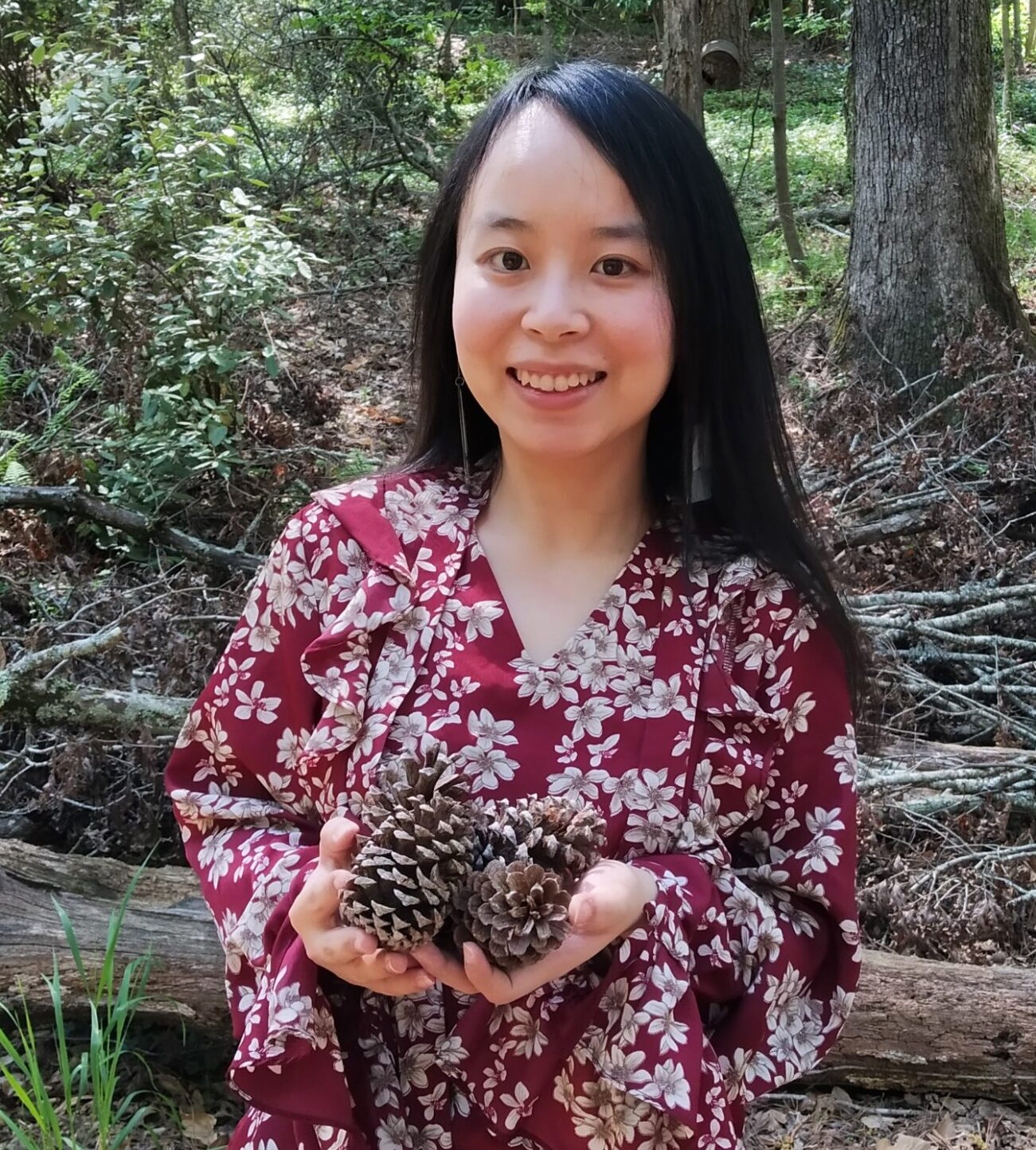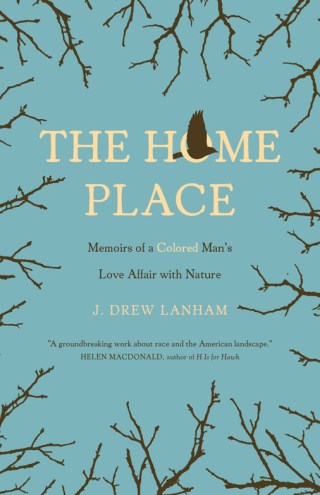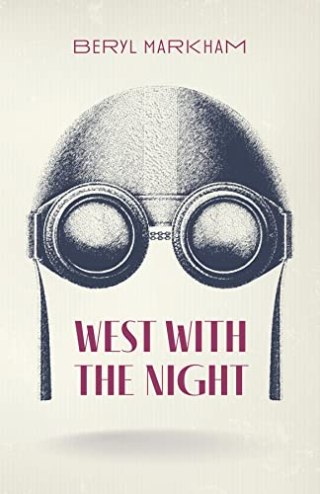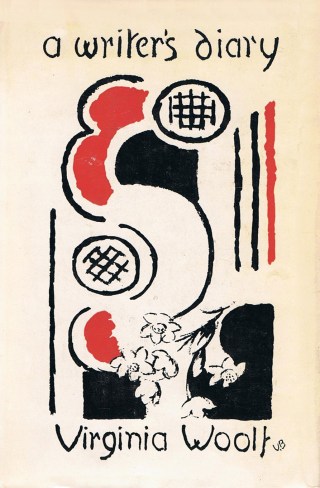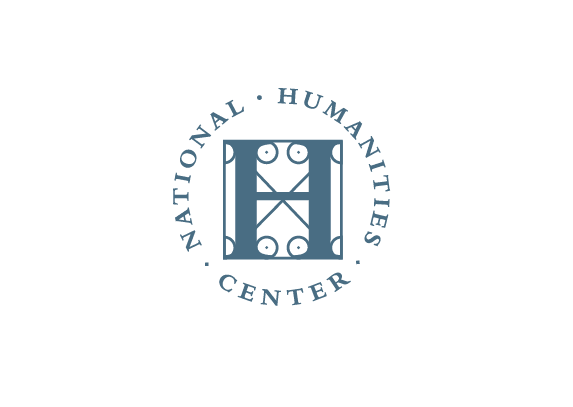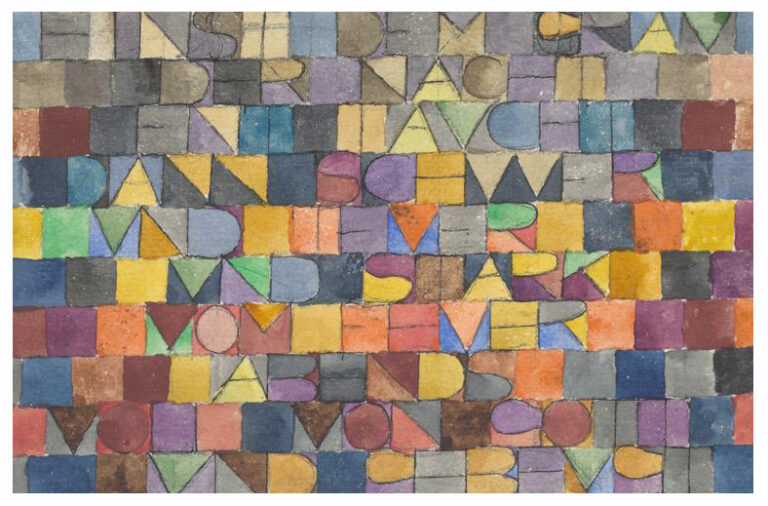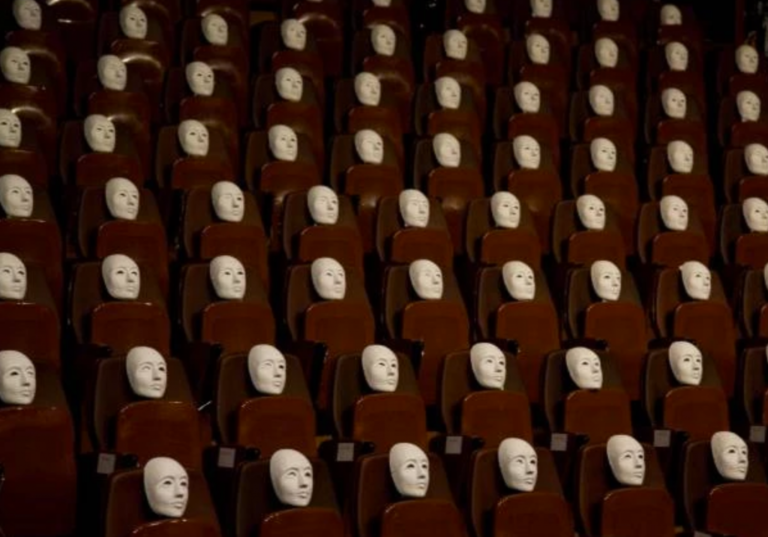Scholars have written much about the Catholic missionary Matteo Ricci (1552–1610) and his attempts to make Christianity and Confucianism palatable to each other. Yet, although Muslim communities have a long-established presence in China, we know little about the philosophical system that blended Islam and Confucianism in the heart-minds of Chinese Muslims. A careful search into the history of Chinese philosophy reveals a rich, fascinating, but hitherto understudied philosophical tradition indigenous to China, the Han-Kitab 汉克 塔布(a Chinese-Arabic compound literally meaning “the Chinese books”). In this groundbreaking project, I set out to investigate the creationist theory developed by Wang Daiyu, the earliest and one of the most influential figures in the Han-Kitab. My central undertaking is to provide a systematic analysis of Wang’s appropriation of two neo-Confucian concepts to articulate a creationist account of the origin of being: the Non-Ultimate ( wuji ⽆极 ) and the Great-Ultimate ( taiji 太极). My analysis shows these two Ultimates in Wang’s system are quite different in nature from their neo-Confucian counterparts. Deeply influenced by Sufism, Wang embeds the two Ultimates within an emanativist ontology, thereby offering a distinct model of the Ultimates from neo-Confucians’. I argue that in so doing, Wang makes a significant contribution to the history of Chinese metaphysics.
You can also view more information about the MSA here.
The Metaphysical Society of America (MSA) has awarded its 2021 Prize to Qiu Lin, philosophy Ph.D candidate at Duke University. The theme of this year’s prize is Metaphysical Traditions in Dialogue.
Created in 1997, the Aristotle Prize is awarded to “the best paper submitted to the annual conference of the Metaphysical Society of America” to persons who have not yet earned a Ph.D. or whose Ph.D. was earned within the previous five years at the time of submission. The prize carries a cash award of 0, inclusion in the program, and a travel grant to help defray expenses.
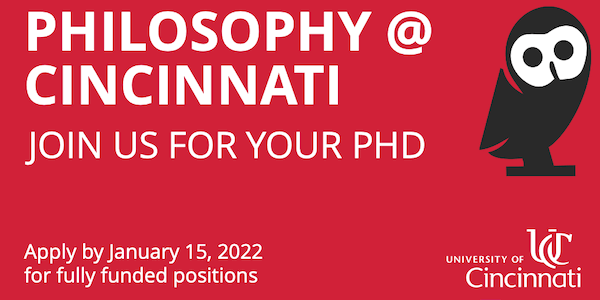
Qiu Lin won the award for “Wang Daiyu 王岱舆 (1570-1660) on the Non-Ultimate ( wuji ⽆极) and the Great-Ultimate ( taiji 太极): an Islamic Makeover”. Here is an abstract of the paper:
